Exploring the New Gun Manufacturing Facility Boosting Britain’s Defence Capabilities
In Sheffield, a historic steelmaking hub, a new chapter in modern industry is unfolding. The city, known for its rich industrial heritage, is witnessing the rise of innovative manufacturing centers. Among these is a sleek grey facility located near the Meadowhall shopping center, which houses BAE Systems’ latest gun factory.
This cutting-edge site spans 94,000 square feet, marking the revival of M777 howitzer production in the UK. Weighing 4.2 tonnes, these artillery pieces are capable of firing 155mm shells over a distance of 25 kilometers and are utilized by forces from the US, Canada, Australia, and India.
Originally designed with logistics in mind, this facility is being repurposed to support the manufacture and distribution of advanced weaponry, with some units destined for Ukraine.
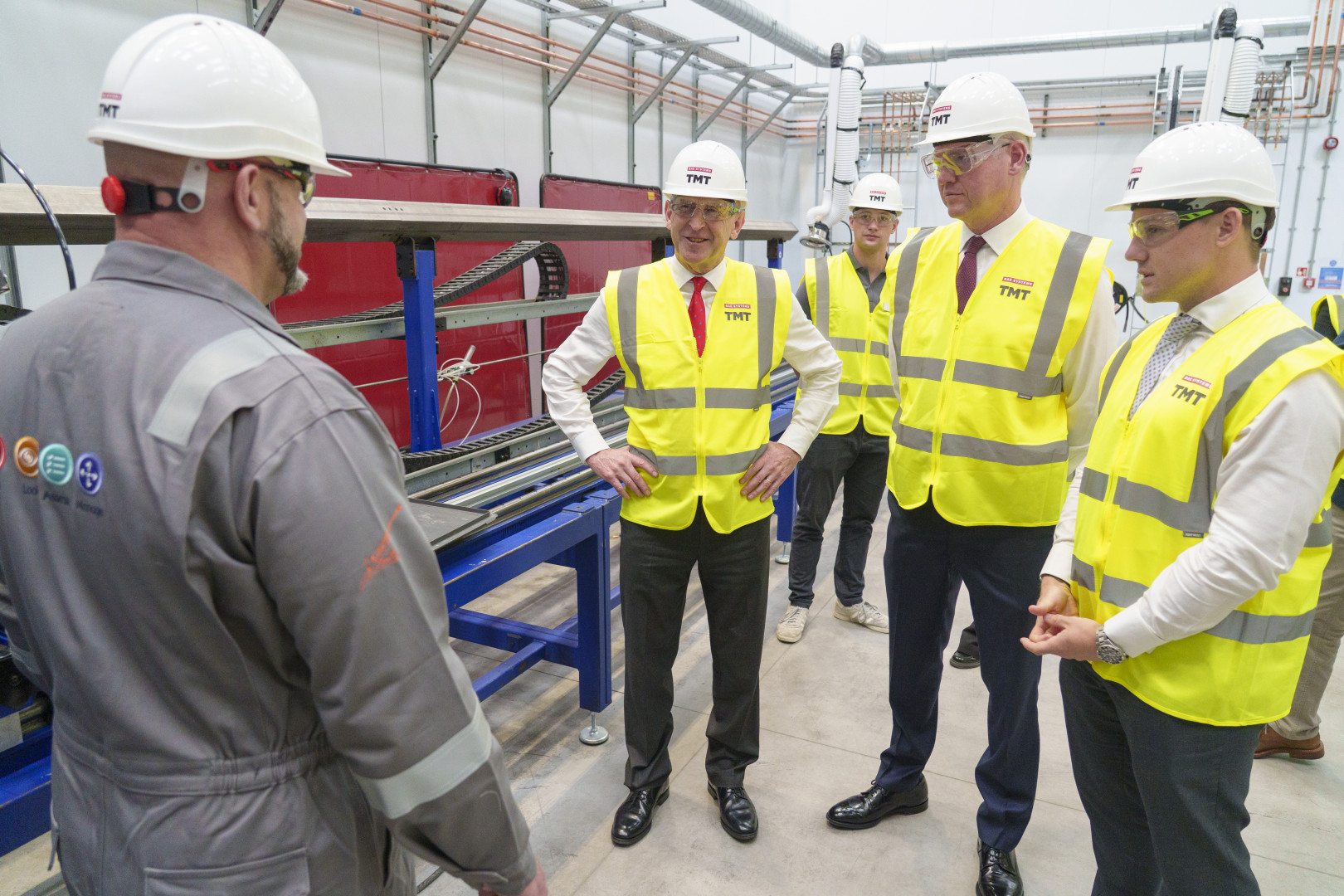
The government has invested £25 million into this initiative, creating approximately 200 jobs, boosting employment opportunities in the supply chain. Defence Secretary John Healey attended the launch and emphasized the factory’s role in enhancing the UK’s military readiness.
Healey remarked, “The narrative for this region has shifted from industrial decline to a resurgence, signifying a ‘defence dividend’ for job creation.”
The launch of the facility coincides with the UK’s push towards increased military preparedness, as outlined in the recent defence strategic review. The ongoing conflicts in Ukraine and the Middle East have underscored the need for heightened security measures. NATO Secretary-General Mark Rutte recently warned of potential threats from Russia within the next five years.
BAE Systems’ new facility is still under construction, with only a portion equipped for howitzer production. The remainder of the site is being developed, with plans for completion by the year’s end.
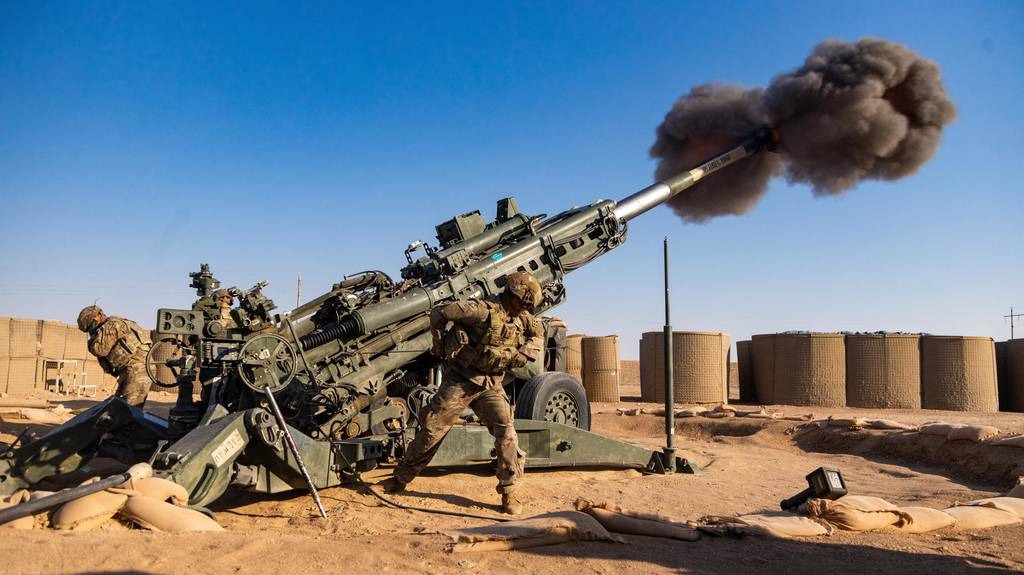
The decision to establish the facility followed a hiatus in domestic howitzer production due to dwindling orders nearly a decade prior. With the escalation of the Ukraine conflict, demand for artillery surged, prompting BAE to scout for suitable sites across the UK. The rich combination of local universities, research institutions, and manufacturing heritage ultimately drew BAE to Sheffield, as explained by John Borton, managing director of BAE Systems Weapons Systems UK.
Sheffield boasts a robust network of manufacturers, with over 60 partners supporting the new gun assembly process. Noteworthy among these is Sheffield Forgemasters, which received government funding to ensure its continued production of high-quality steel for defense applications.
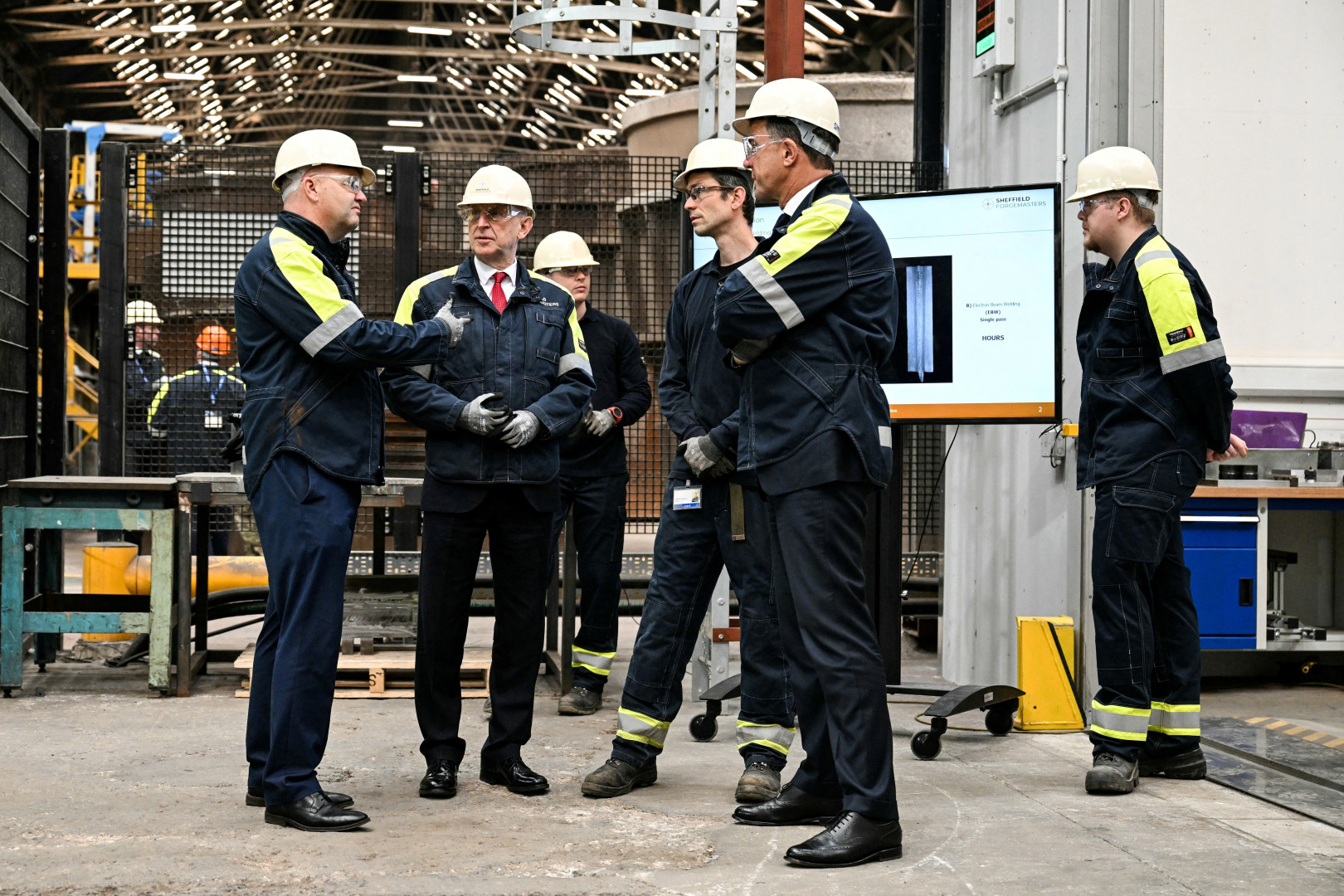
The Hyde Group in Manchester, a family-run enterprise specializing in precision parts and testing equipment, also plays a critical role in the supply chain. Matthew Smallman, joint managing director of Hyde, underscored the importance of large firms like BAE partnering with smaller businesses, which constitute a significant part of the manufacturing ecosystem.
Despite the overall optimism regarding growth in the UK defense sector, not all local residents are supportive of the new manufacturing initiative. Some suppliers cited concerns about protests targeting defense contractors, particularly those linked to high-profile military projects.
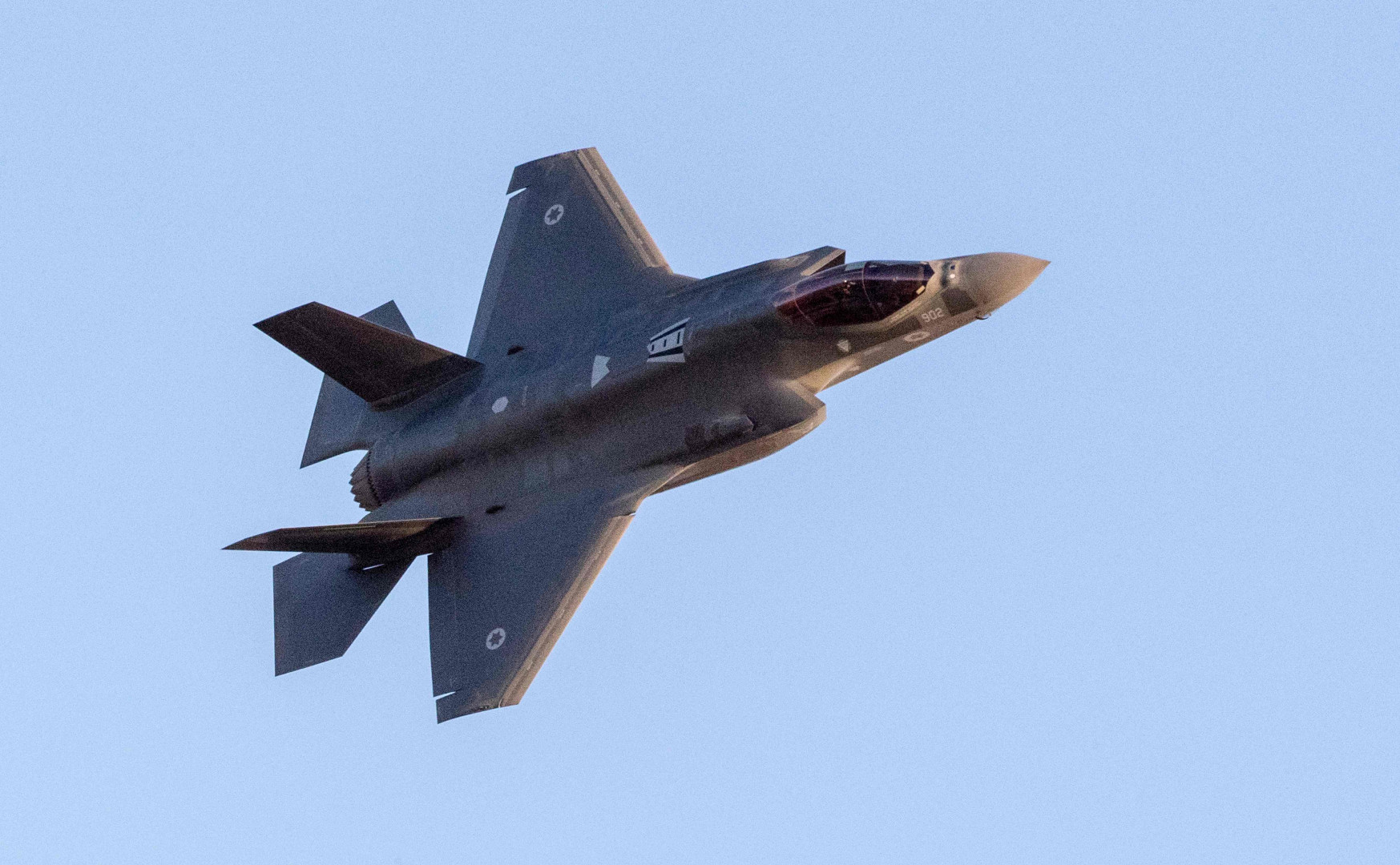
Amid public debate, young workers at BAE expressed enthusiasm for careers in defense. Many feel that their work could contribute positively to national security. Jodie Crane, an undergraduate participating in a year-long placement at BAE, shared her newfound understanding of the industry’s significance.
Oliver Coppard, the Labour mayor for South Yorkshire, praised BAE’s presence, which he believes strengthens the city’s reputation in advanced manufacturing, honed over decades.
While the increased defense budget announced last week marks progress, critics point out that military spending remains below NATO’s target, highlighting ongoing challenges. Additionally, the future of some UK defense initiatives could be uncertain due to potential shifts in US policy concerning international military agreements.
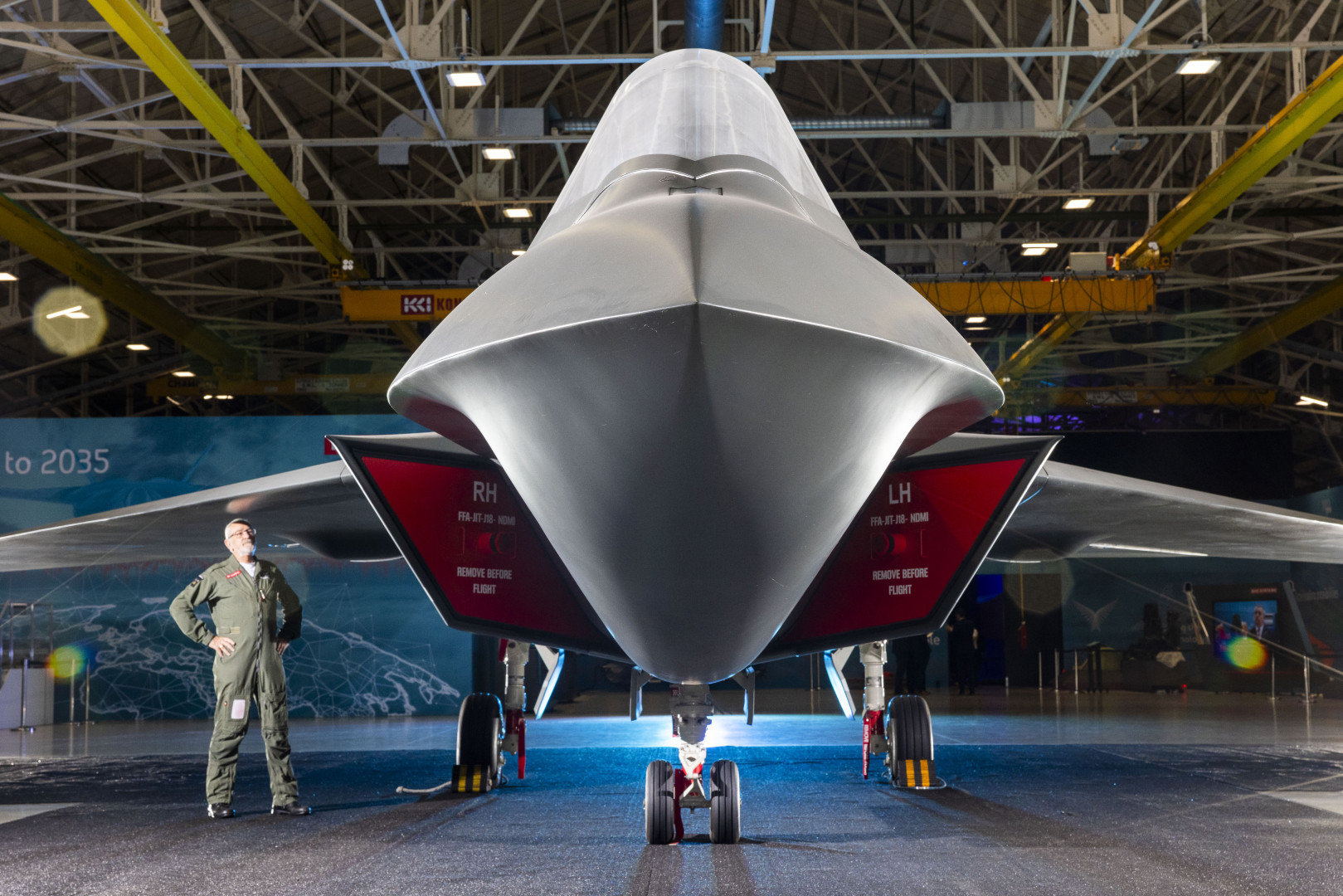
Nevertheless, the atmosphere at the Sheffield facility’s opening was filled with optimism. BAE representatives indicated that the site could expand to manufacture various types of weapons, and the government’s funding plans include support for six new munitions factories across the UK, signifying a trend towards localized defense production.
As John Healey remarked, “Recent conflicts have reiterated the crucial link between robust armed forces and the industrial capacity that supports them. Our commitment to defense investment not only aims to bolster military strength but also to revitalize our industrial base.”
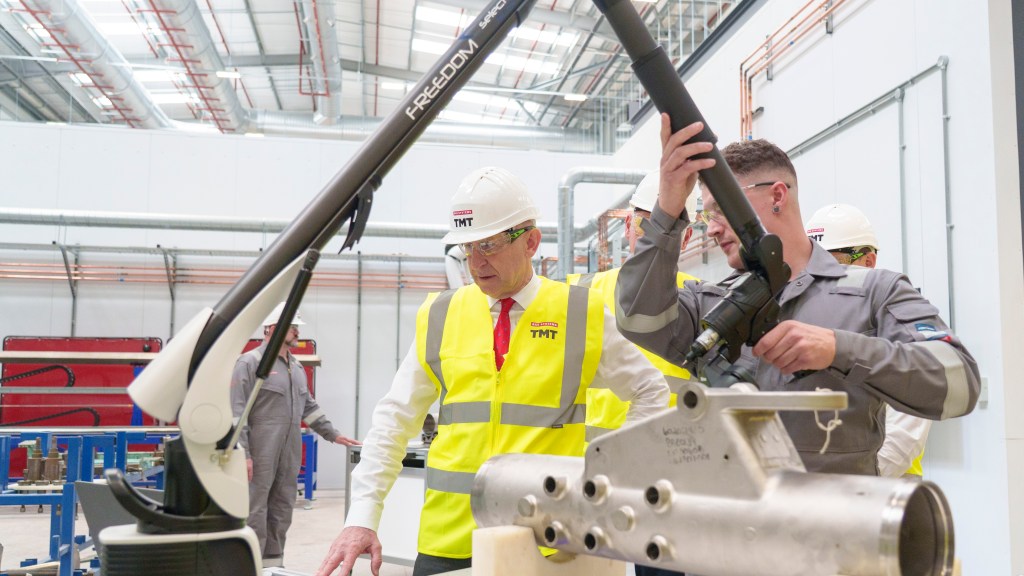



Post Comment